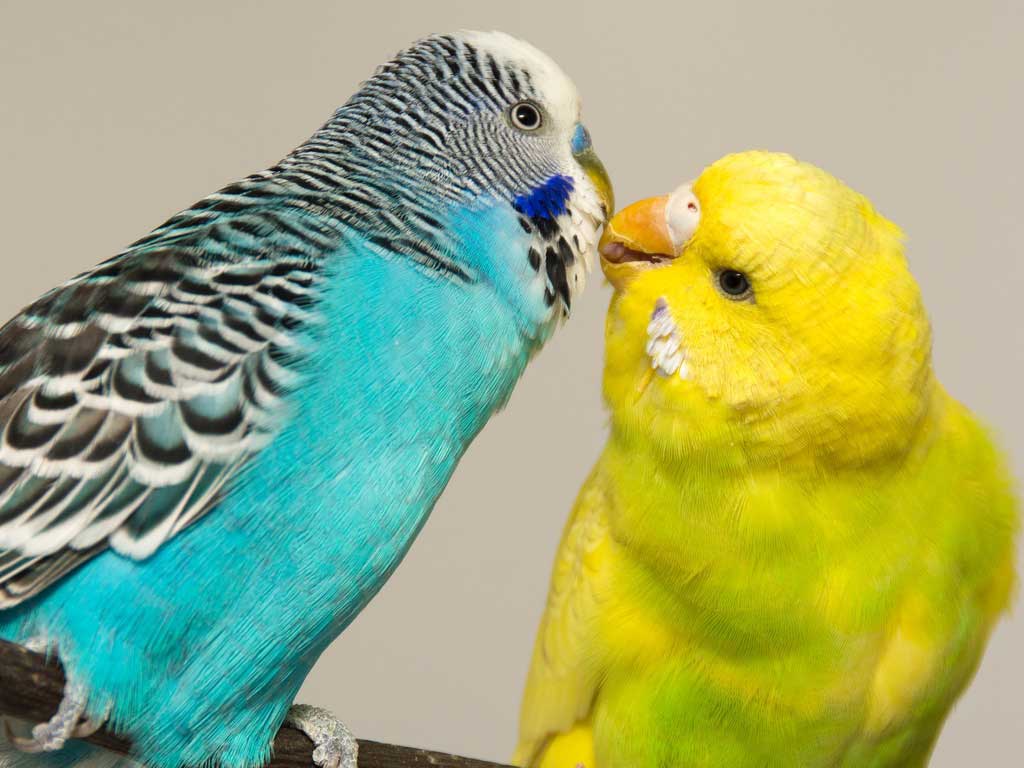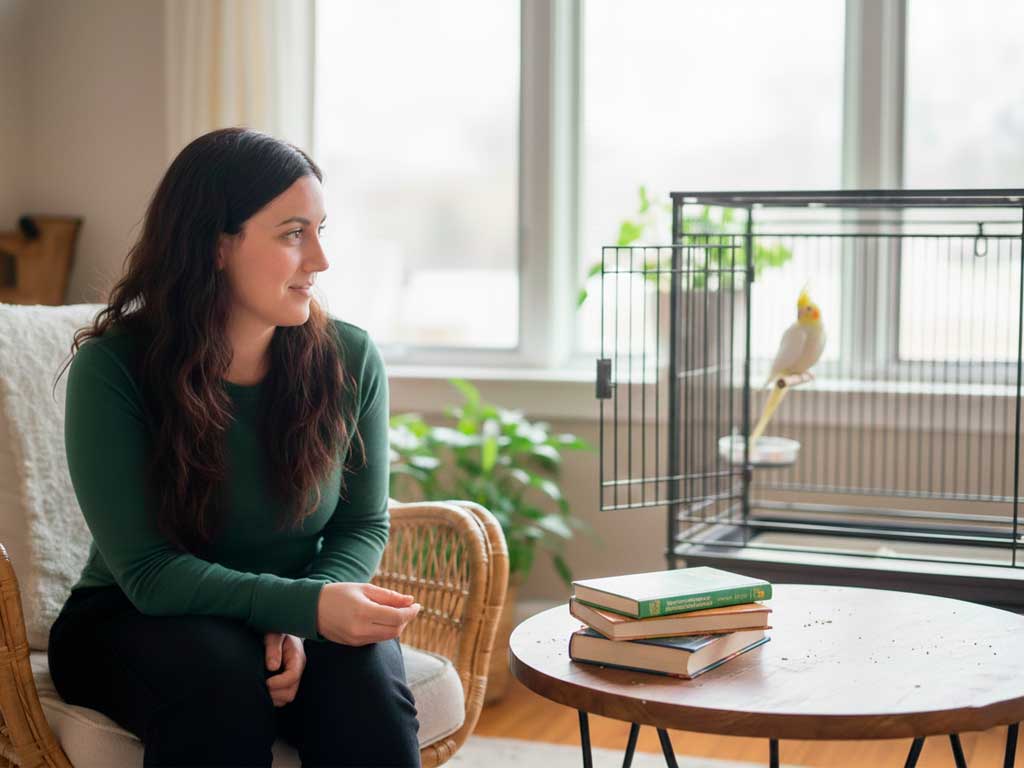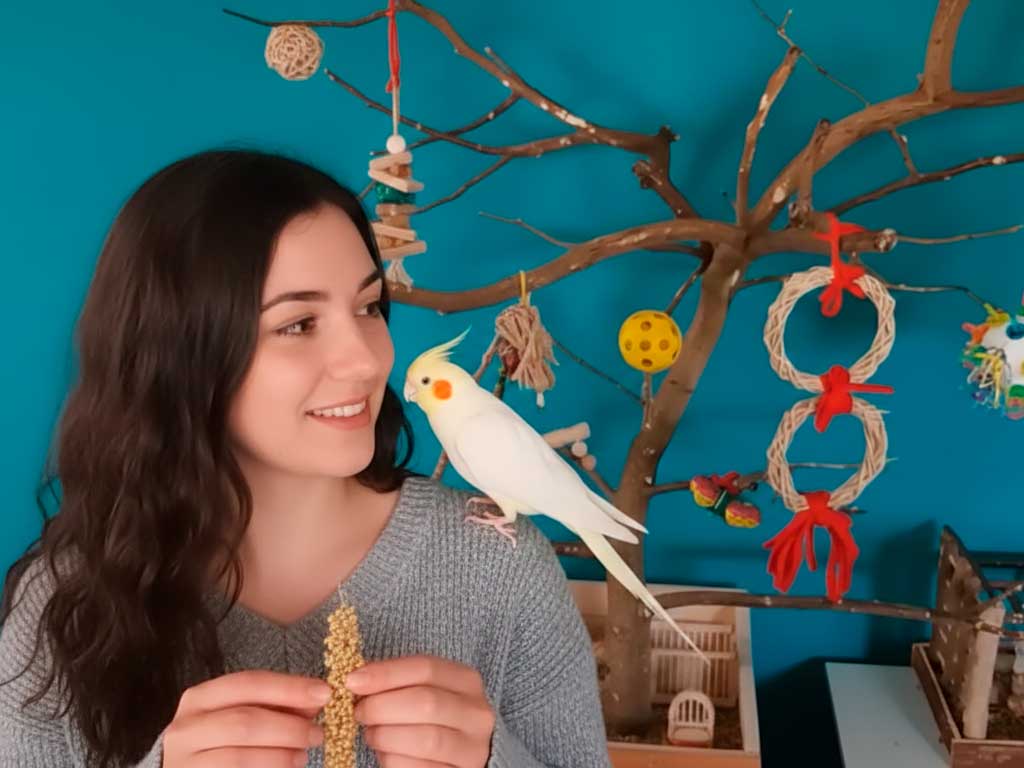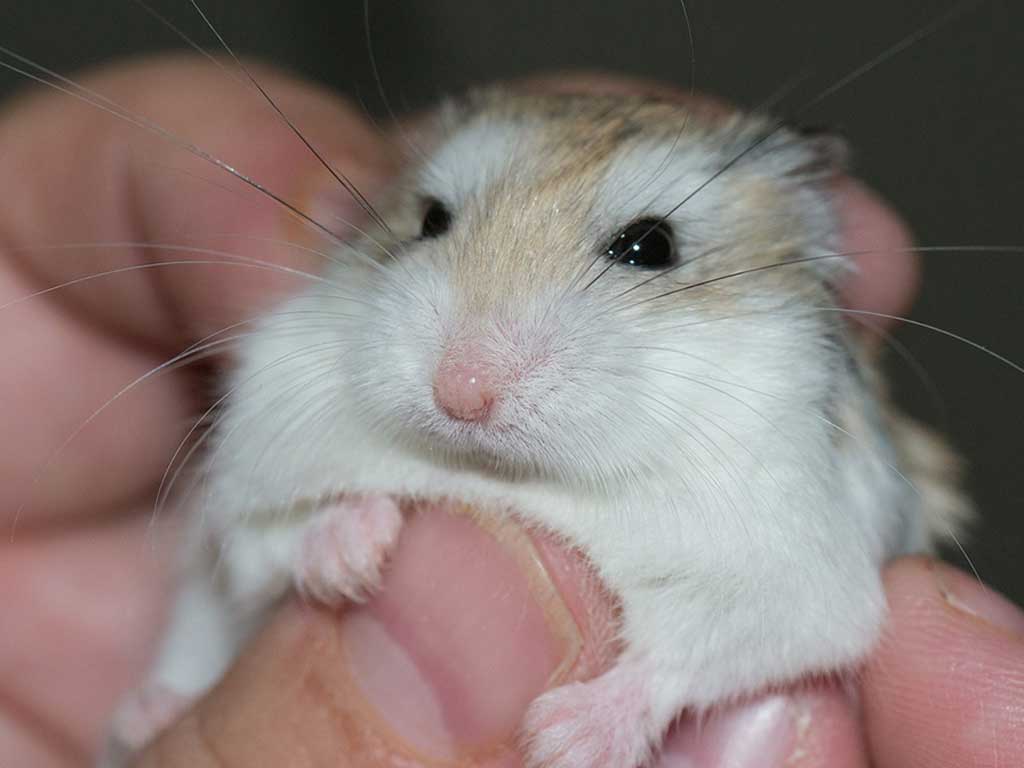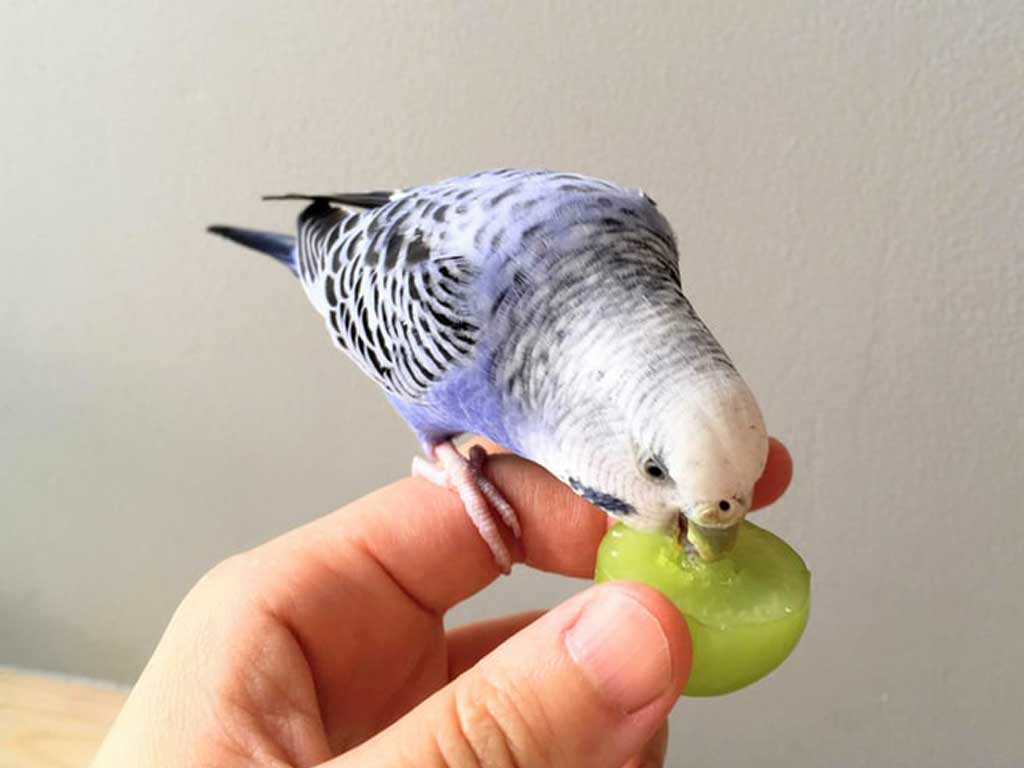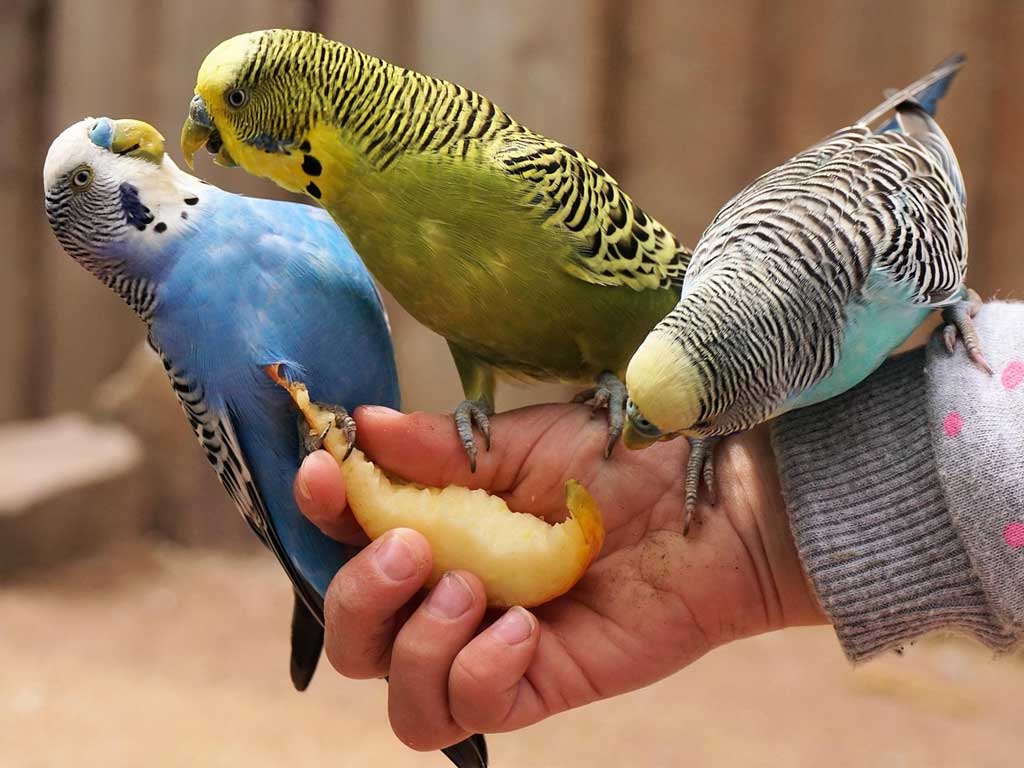If you’re considering venturing into the world of pet birds, it’s normal to feel overwhelmed by the variety of options available. Which species is ideal for beginners? Which require less maintenance? How can you ensure their well-being? In this article, we explore the 5 best birds for beginners, respecting their context and needs, to help you make an informed and responsible decision.
Why Start with Pet Birds?
Birds are fascinating pets: cheerful, intelligent, and capable of forming deep bonds with their owners. However, not all species are suitable for those taking their first steps in this hobby. Ideal birds for beginners are typically hardy, sociable, and low-maintenance, key factors to avoid frustration and ensure harmonious coexistence.
Below, we present the five recommended species, highlighting their characteristics, basic care requirements, and advantages for newcomers.
1. Budgerigar (Parakeet): The Colorful Classic
Scientific name: Melopsittacus undulatus
Key traits: Sociability, hardiness, and adaptability.
The budgerigar, also known as the “parakeet,” tops our list for solid reasons. These birds are famous for their vibrant plumage and playful nature.
Why Are They Ideal for Beginners?
- Hardiness: They adapt to diverse environments, tolerating temperature changes better than other species.
- Moderate space needs: They don’t require enormous cages, though it’s vital they have room to fly and exercise.
- Simple diet: Their diet is based on seed mixes, supplemented with fresh fruits and vegetables.
- Sociability: They enjoy interacting with humans and other birds, especially if hand-fed from a young age.
Care Recommendations
- Provide toys to stimulate their intelligence.
- Allow supervised free flight in safe environments to boost their physical and mental health.
2. Canaries: Melodies in Your Home
Scientific name: Serinus canaria domestica
Key traits: Harmonious singing and low maintenance.
If you want an independent yet charming bird, the canary is your choice. Their main appeal is their melodious song, particularly in males.
Why Are They Ideal for Beginners?
- Self-sufficiency: They don’t demand constant interaction, making them ideal for busy owners.
- Breed variety: Available in multiple colors and sizes, from classic yellow to exotic designs.
- Basic care: Their diet includes specialized seeds, calcium supplements, and occasional fruit portions.
Care Recommendations
- Place their cage in quiet areas to minimize stress.
- Clean their environment weekly to prevent illnesses.
3. Cockatiel: The Affectionate Companion
Scientific name: Nymphicus hollandicus
Key traits: Affection, intelligence, and mimicry skills.
Cockatiels are perfect for those seeking an interactive and loving bird. Native to Australia, they stand out with their crested head and orange cheeks.
Why Are They Ideal for Beginners?
- Charming personality: They love playing, receiving affection, and exploring their surroundings.
- Sound skills: Males mimic whistles and everyday sounds, like doorbells or TV jingles.
- Adaptability: They thrive on varied diets (seeds, fruits, veggies) and adapt well to spacious cages with toys.
Care Recommendations
- Dedicate daily interaction time to prevent separation anxiety.
- Include textured perches to support foot health.
4. Lovebirds: Miniature Love
Scientific name: Agapornis spp.
Key traits: Extreme sociability and emotional bonds.
Lovebirds, or “pocket parrots,” are known for forming monogamous pairs and bonding deeply with their owners.
Why Are They Ideal for Beginners?
- Companionship: If you lack time, adopt a pair to keep each other company.
- Energy and curiosity: They enjoy toys, climbing, and solving mental challenges.
- Simple diet: Seeds, fruits like apples, and veggies like spinach.
Care Recommendations
- Avoid round cages; opt for horizontal rectangular designs.
- Provide pesticide-free fresh branches for chewing.
5. Zebra Finch: Small and Sturdy
Scientific name: Taeniopygia guttata
Key traits: Compact size and ease of care.
The zebra finch, or “chestnut-eared finch,” is ideal for those preferring small, calm birds.
Why Are They Ideal for Beginners?
- Minimal space: A 24-inch (60 cm) cage suffices for a pair.
- Hardiness: Rarely fall ill if kept in clean conditions.
- Budget-friendly diet: Seeds, wild plants like chickweed, and occasional breeding paste.
Care Recommendations
- Clean the cage 2-3 times weekly, as they tend to be messy.
- Avoid drafts to protect their health.
Final Considerations: Choose Responsibly
Before selecting a bird, evaluate these factors:
- Time availability: Can you dedicate daily hours to interaction (e.g., cockatiels) or prefer an independent species (e.g., canaries)?
- Space: Ensure you have a proper cage and safe flight zones.
- Long-term commitment: Some birds live 10-15+ years.
Remember: A bird is not a toy. Their well-being depends on your dedication and knowledge. Research, consult experts, and prepare thoroughly before bringing one home.
Starting your journey with pet birds is rewarding if you choose the right species. Budgerigars, canaries, cockatiels, lovebirds, and zebra finches balance ease of care and unique charm. Whatever your choice, prioritize their needs and enjoy the company of these wonderful winged companions.

